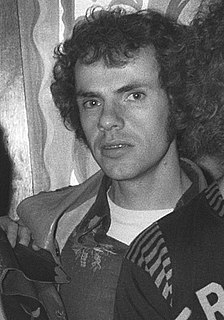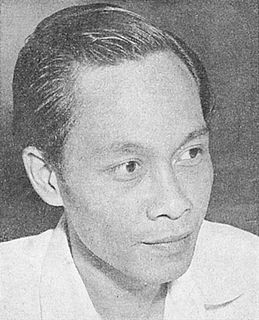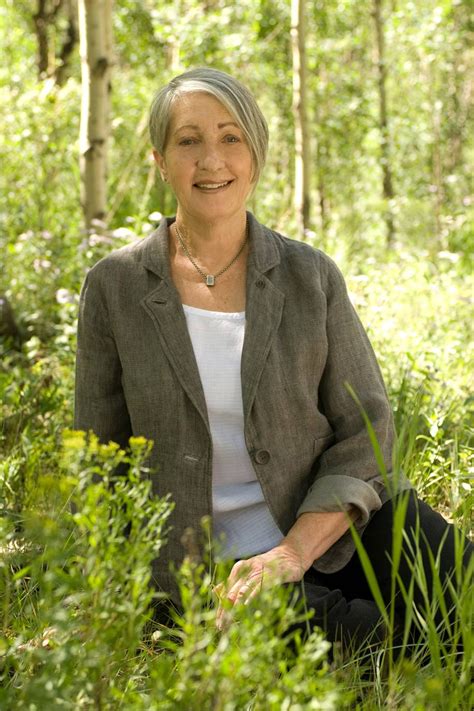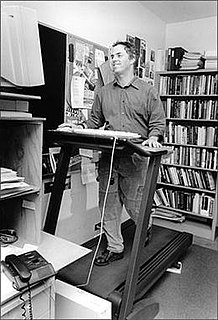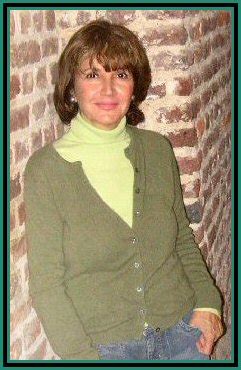A Quote by Stephen King
When the reader hears strong echoes of his or her own life and beliefs, he or she is apt to become more invested in the story.
Related Quotes
She realized how many of her beliefs were either unrealistic or belonged to her deceased parents and her ex-husband. She also realized that her expectations for herself and others were sometimes too rigid. She was trying to live up to what everyone else said was best for her, which made her depressed and hard to be around at times. Once she changed her beliefs about herself and others, she began to smile more and enjoy life.
She'd assumed she'd be married and have kids by this age, that she would be grooming her own daughter for this, as her friends were doing. She wanted it so much she would dream about it sometimes, and then she would wake up with the skin at her wrists and neck red from the scratchy lace of the wedding gown she'd dreamed of wearing. But she'd never felt anything for the men she'd dated, nothing beyond her own desperation. And her desire to marry wasn't strong enough, would never be strong enough, to allow her to marry a man she didn't love.
Such was the love of this grandson for his grandmother that two years after the death of his mother, when she herself fell gravely ill, he vowed to her that someday he would try to tell the world her life story. 'But why?' she asked humbly. 'I'm no one, just a girl from the coast' 'But you are everyone, Grandma,' the young Pramoedya told her. 'You are all the people who have ever had to fight to make this life their own.
The writer's job, after all, is not to dictate meaning, but to give the reader enough pieces to create his or her own satisfying meaning. The story is truly finished—and meaning is made—not when the author adds the last period, but when the reader enters the story and fills that little ambiguous space, completing the circuit, letting the power flow through.
In her heart she is a mourner for those who have not survived. In her soul she is a warrior for those who are now as she was then. In her life she is both celebrant and proof of women's capacity and will to survive, to become, to act, to change self and society. And each year she is stronger and there are more of her.
The thing I'm writing now, I have various characters, and all of a sudden, out of nowhere, this couple dies. And they have a daughter. ...I thought, 'OK, we have to do something with the daughter' ... then I realized she's not really their daughter. She has her own story. And she's become the most interesting character. She was this throwaway character that I didn't even conceive of before I started writing her into it, and now she's become very important in this book.
Whatever your (unfavorable) situation is, it is a good idea to ask yourself "WHAT YOU WOULD DO if you were free of it." An alcoholic's wife might wish her husband would stop drinking...On examination of her beliefs, she may discover she was frightened of not achieving her own goals and actually encouraged the alcoholism so she would not have to face her own failure.
If you become a master of meaning, you become a master of your life. Two people can have the same experience. One person decides that because of that experience his or her life is over, while the other decides that God has challenged him or her to step up, face the challenge, and become more than he or she ever was before.


